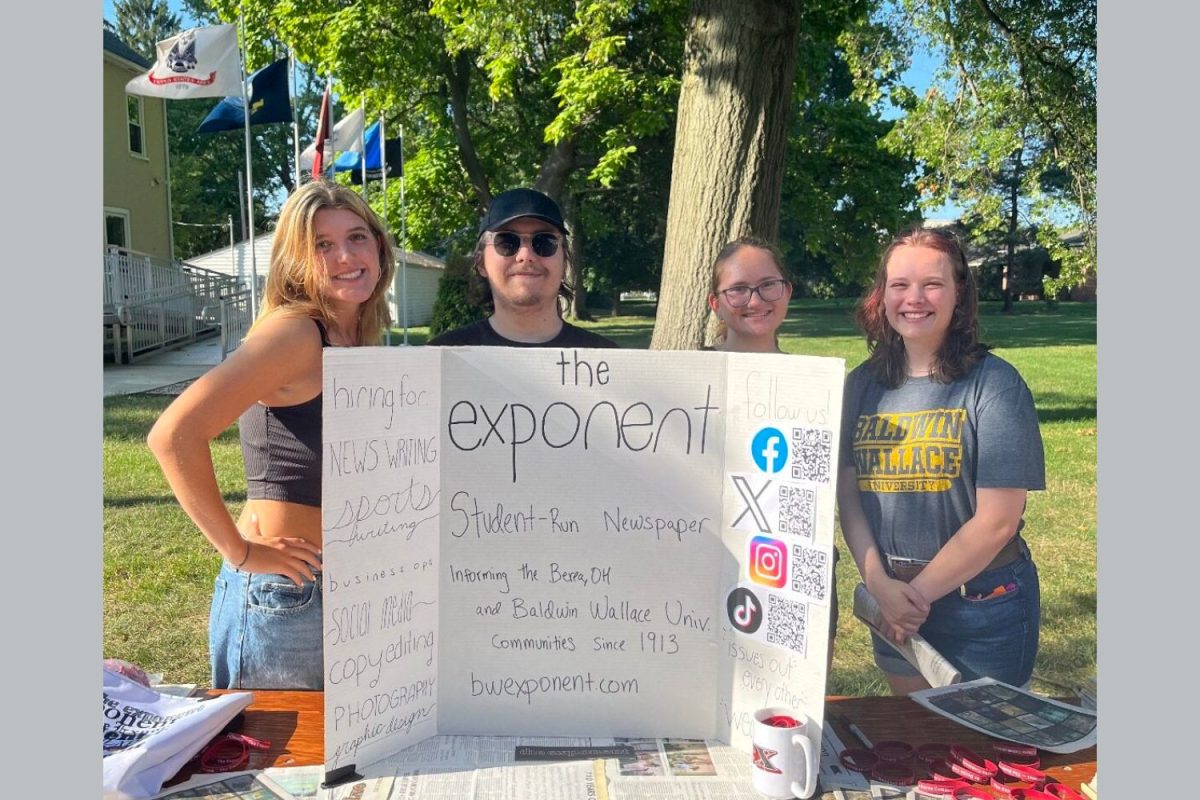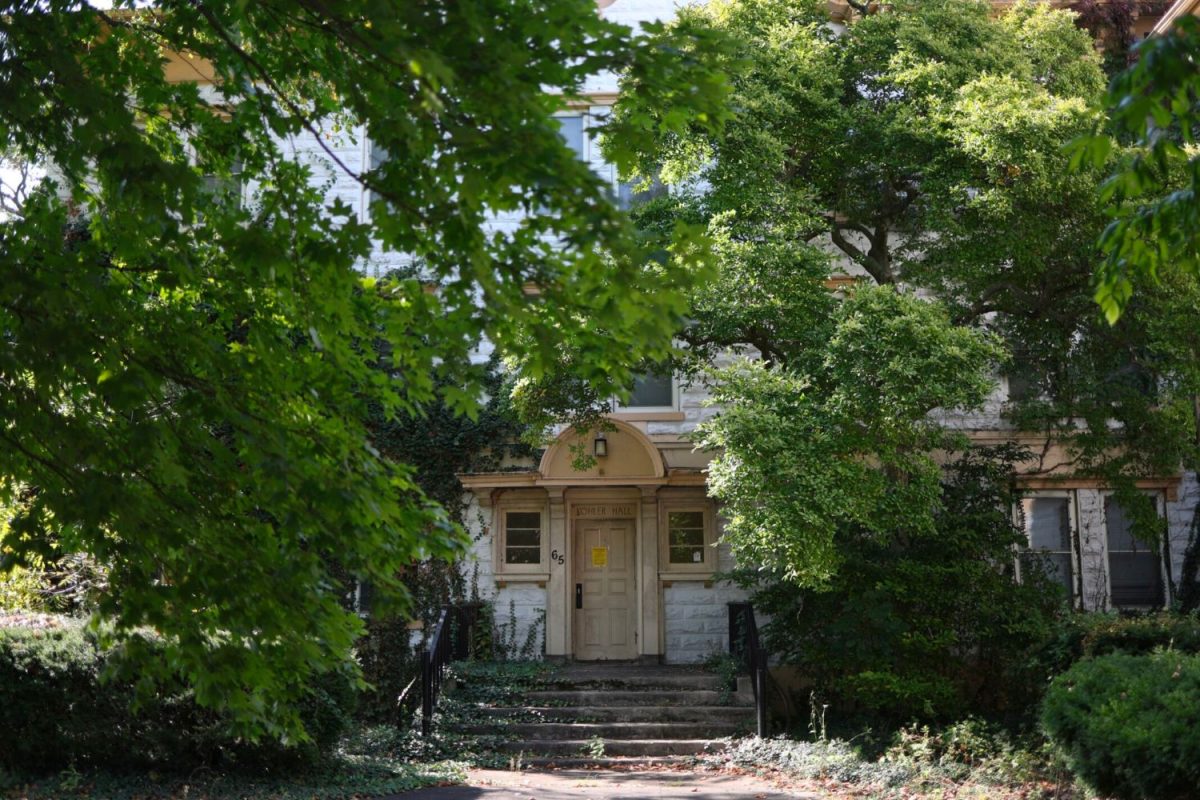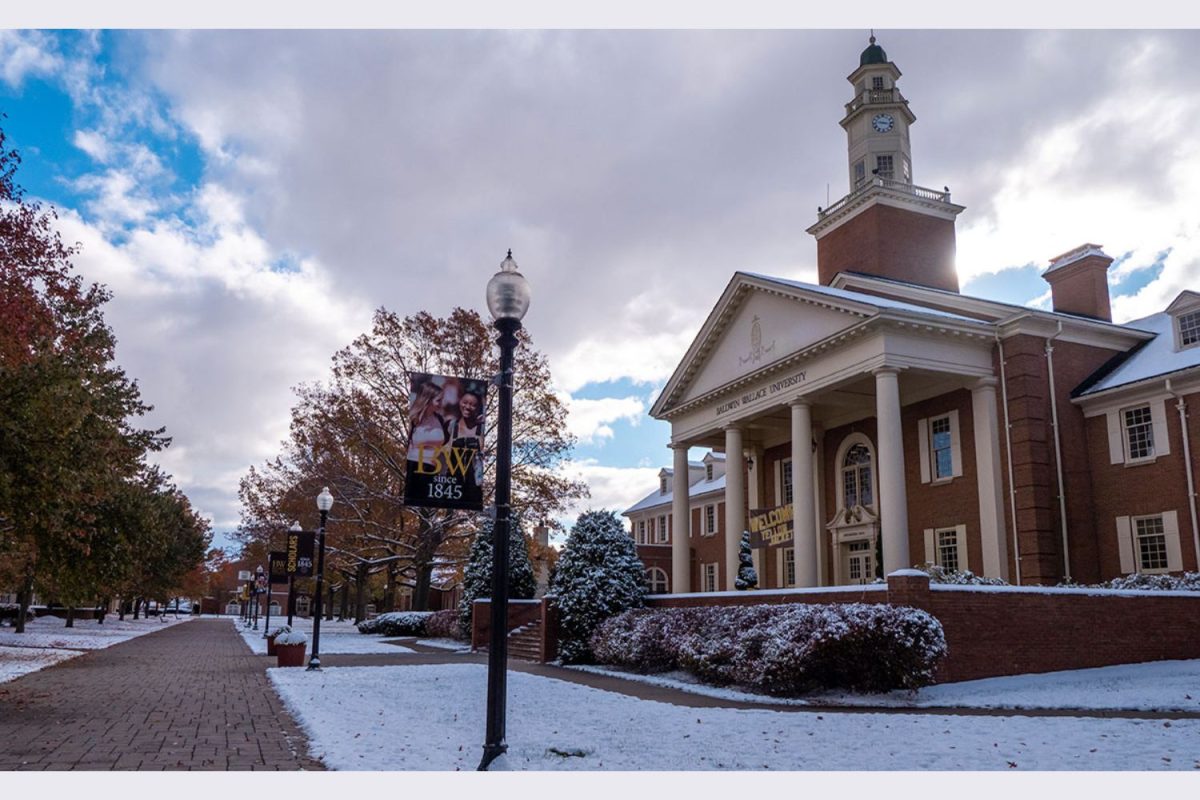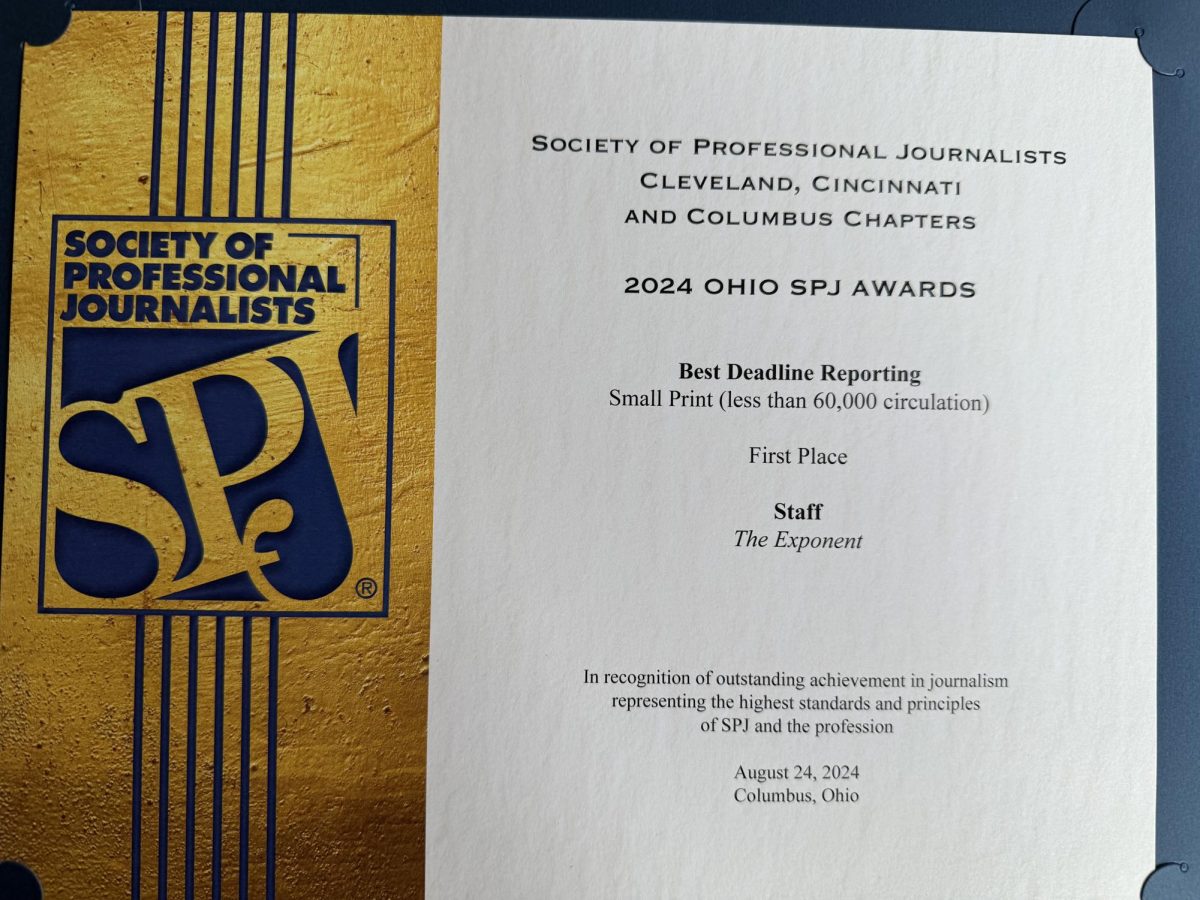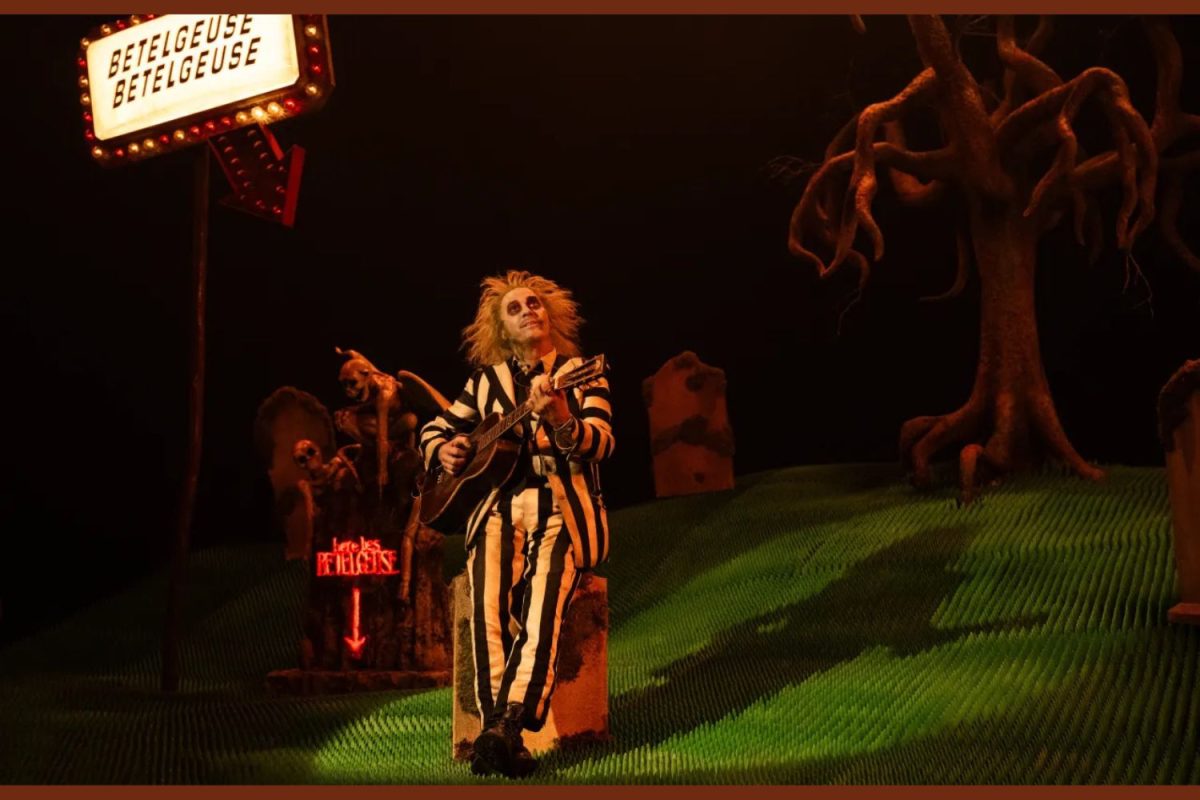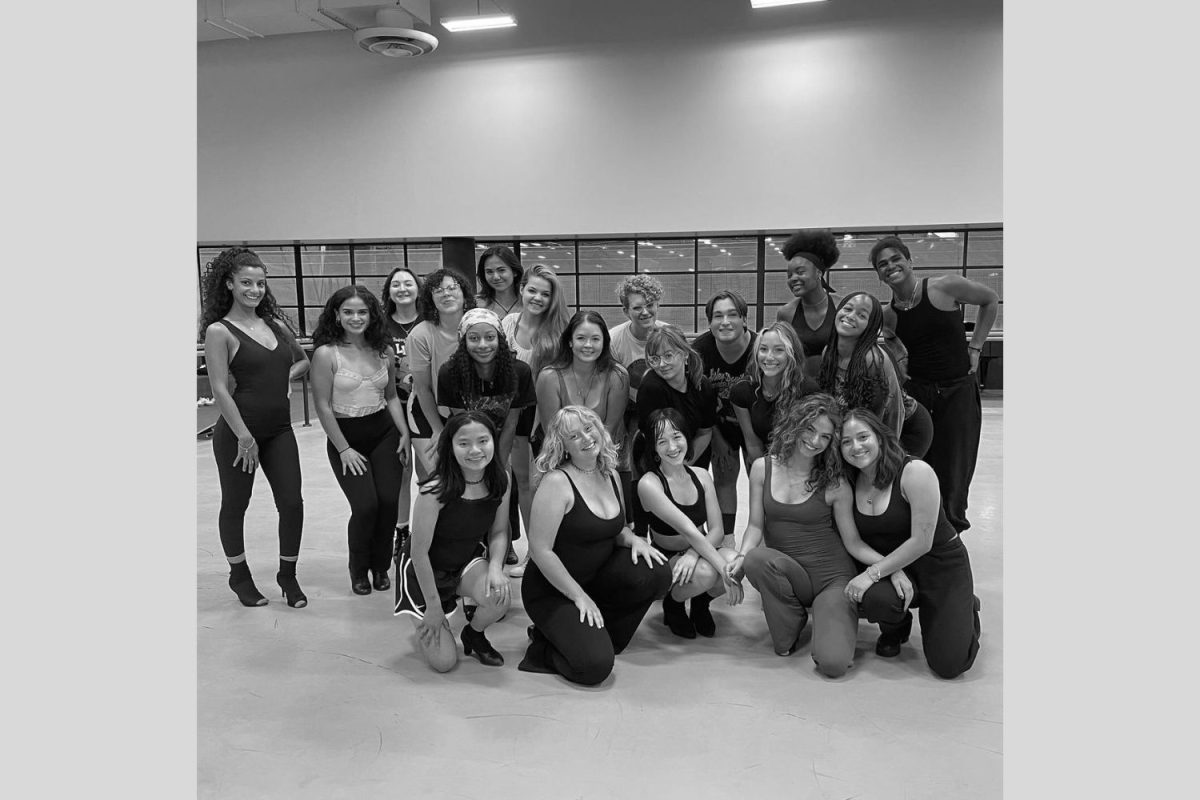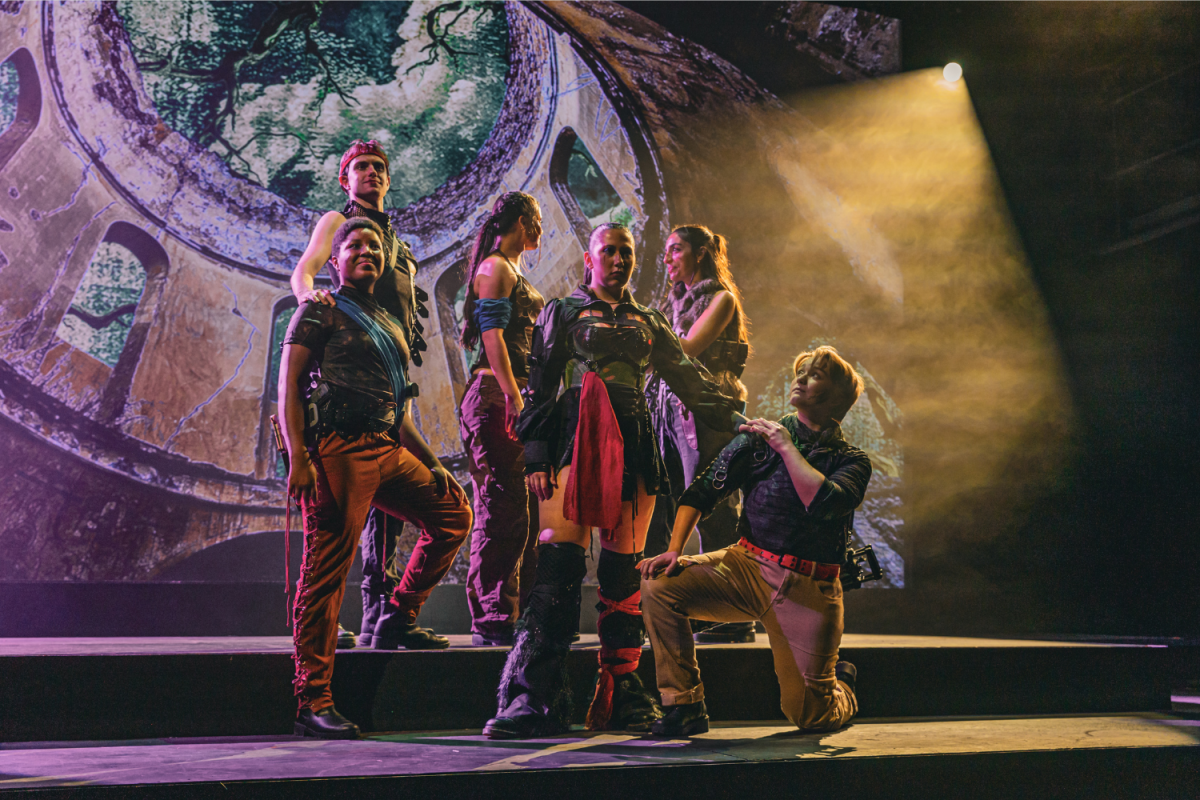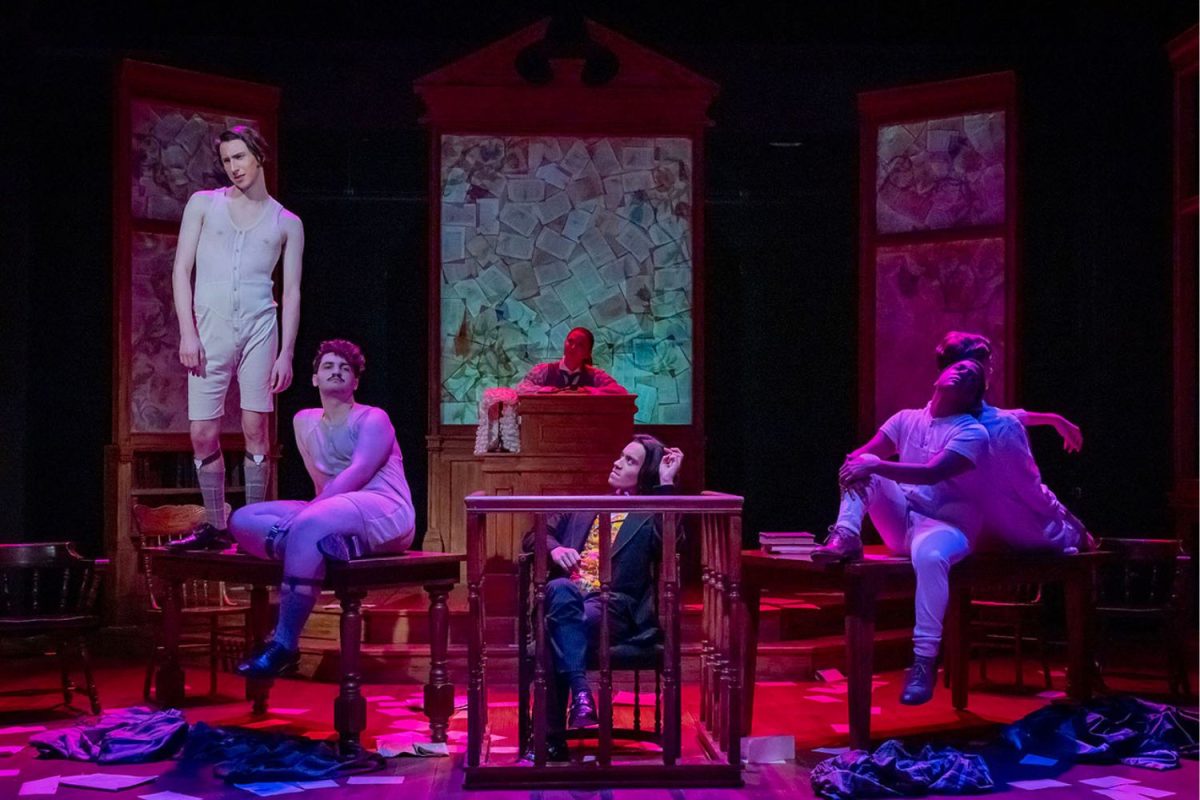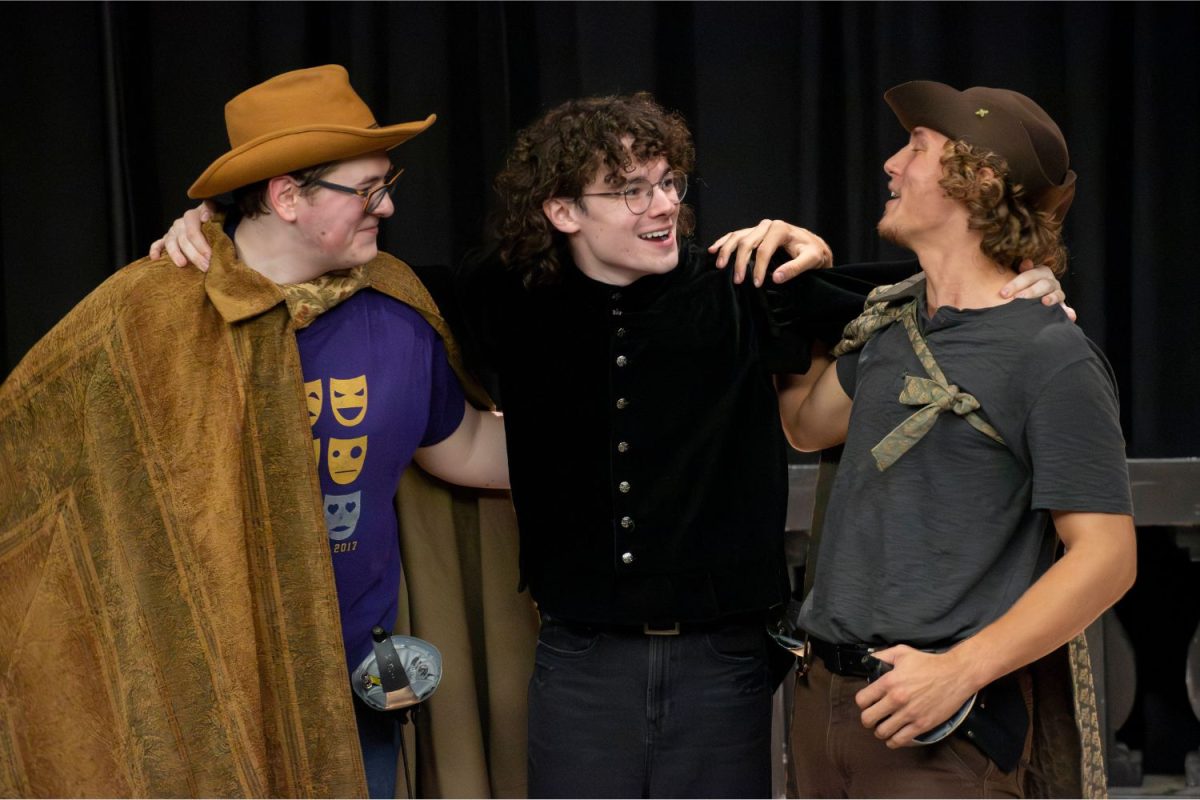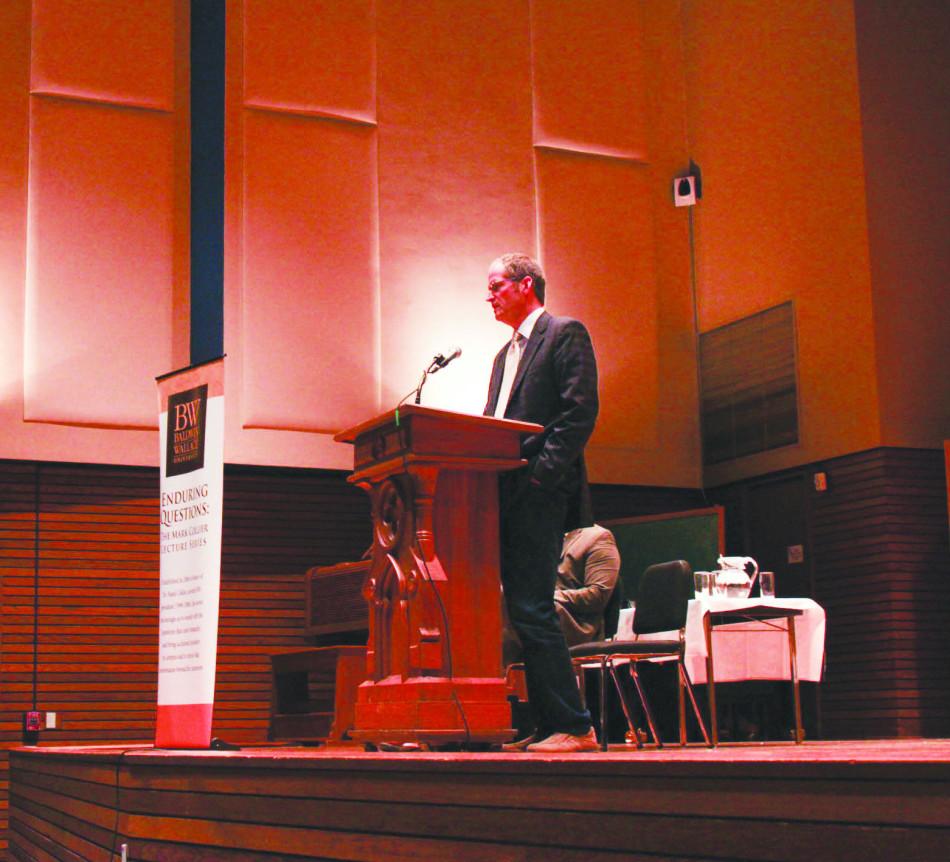EQLS Speaker Discusses Religion in US Culture
April 17, 2014
Students, faculty and community members gathered in the Kulas Musical Arts Building April 9 for the final speaker of the 2013-2014 Enduring Questions Lecture Series, Stephen Prothero.
A distinguished author and a noted contributor on religious issues for NPR, talk shows and the chief editorial consultant of the PBS Series, God in America, Prothero featured in his lecture a discussion of the hot-button issues such as religious diversity in America and religion in politics.
Prothero received his B.A. in American Studies from Yale and his Ph.D. in the Study of Religion from Harvard.
The lecture began with a glance back at history through the lens of culture wars, one of the main focuses of the evening’s discussion, as Prothero recounted the process of assessing conflict in America for a project that would become part of The American Bible.
Starting with the mudslinging in the Presidential Election of 1800, tracing through Prohibition and its connected debates about gender roles and sexuality in the1920s up to the more recent controversy surrounding the possible building of a mosque at Ground Zero, Prothero drew a collective image of American politics at some of its lowest points.
“The longer I spent doing this [research], the more depressed I became,” Prothero said, recalling the days and weeks spent thinking about what caused the uglier episodes in American history. “We forgot how to talk to each other.”
From this point, Prothero dove into the heart of the lecture. Amid the discussion of debates and oppression, Prothero described seeing the commonality maintained between both sides of all American conflicts.
“Both sides of these debates were appealing to certain core texts,” Prothero said, subsequently alluding to a list that included everything from the song “God Bless America,” to Martin Luther King Jr.’s “I Have a Dream” speech to the Vietnam Veterans Memorial in Washington D.C.
“What makes these texts scripture,” Prothero said, “is the fact that Americans use these texts like Christians use the Bible.”
He cited example after example of how the words and symbols of these great American texts are used—and sometimes abused—by contemporary figures in debates to defend their views and opinions. Prothero identified this as an alternative way of seeing religion in politics, likening American debate not to Christianity, but rather to Judaism’s tradition of the Talmud, a text built upon the foundation of discussion.
“Americans speak different languages, have different beliefs, but they come together to argue. Agreement cannot hold us together, because we do not agree,” Prothero said near the conclusion of his lecture, emphasizing the importance of civil and informed debate, or debate on behalf of the common good instead on the behalf of self or political party.
“To be American is not to believe in a common creed, but to engage in conversation” Prothero said.
Cesira Miconi, a first-year student, found Prothero’s words eye-opening and insightful, “I loved his idea of open, informed argument—not seeing debate as a bad thing.”
“He had an answer to everything, and he really knew what he believed,” Ruby Ciesinksi, another first-year student, said.
The lecture was followed by a Q & A discussion with audience members and a reception and book signing for Prothero’s newest book “The American Bible: How Our Words Unite, Divide, and Define a Nation.”

